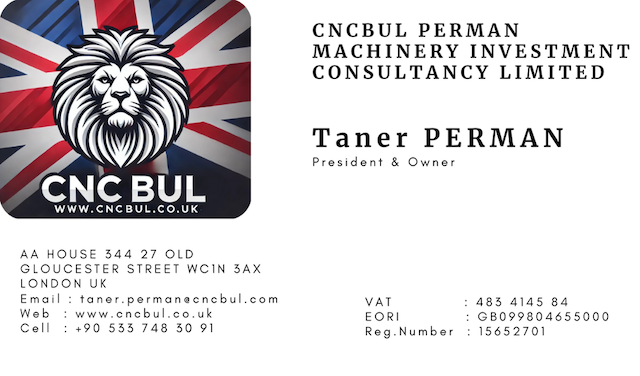07/06/2024
What is Tube Bender Machine Manufacturing?
Tube bender machine manufacturing involves the design, production, and assembly of machines specifically engineered to bend tubes and pipes into desired shapes and angles. These machines are essential in various industries, including automotive, aerospace, construction, and furniture manufacturing, where precise bending of tubes is required. Here is an overview of tube bender machine manufacturing:
Types of Tube Bending Machines:
- Manual Tube Benders:
- Operated by hand, suitable for small-scale production or simple bending tasks.
- Typically used for thin-walled tubes and simpler bends.
- Hydraulic Tube Benders:
- Utilize hydraulic pressure to perform bending, providing greater force and precision.
- Suitable for heavier and thicker tubes.
- Electric Tube Benders:
- Powered by electric motors, offering high precision and automation capabilities.
- Commonly used in industrial settings for repetitive and complex bending tasks.
- CNC Tube Benders:
- Computer Numerical Control (CNC) machines that use automated controls to achieve highly precise and complex bends.
- Ideal for high-volume production and intricate bending requirements.
Key Components of Tube Bender Machines:
- Bending Dies:
- Tools that determine the radius and angle of the bend. Dies can be changed to accommodate different bending specifications.
- Clamp Die:
- Holds the tube in place during the bending process to ensure accuracy and prevent slippage.
- Pressure Die:
- Applies pressure to the tube as it is being bent to maintain the correct shape and prevent deformation.
- Mandrel:
- Inserted inside the tube to support it during bending, especially for tight radius bends, to prevent collapse or wrinkling.
- Rotary Draw Bending Mechanism:
- Uses a fixed-radius die and a rotating arm to bend the tube around the die. This is the most common method for precise bending.
- Control Systems:
- Manual, hydraulic, or CNC controls that manage the bending process. CNC systems offer programmable controls for automated and precise bending operations.
Manufacturing Process of Tube Bender Machines:
- Design and Engineering:
- Detailed CAD (Computer-Aided Design) models are created to design the machine components and layout.
- Engineering analysis is performed to ensure the machine can handle the required forces and maintain precision.
- Material Selection:
- High-strength materials are chosen for components subjected to high stress, such as bending dies and the machine frame.
- Fabrication:
- Components are fabricated using machining, welding, and forming processes.
- Critical parts like bending dies are precision-machined for accuracy.
- Assembly:
- Fabricated parts are assembled into subassemblies and then into the complete machine.
- Hydraulic and electrical systems are installed, including motors, pumps, and control units.
- Testing and Calibration:
- The assembled machine undergoes rigorous testing to ensure it operates correctly and meets design specifications.
- Calibration is performed to ensure accurate bending angles and radii.
- Quality Control:
- Quality checks are conducted throughout the manufacturing process to ensure each component and the final machine meet industry standards.
- Final Adjustments and Customization:
- Any necessary adjustments are made to the machine to meet specific customer requirements.
- Custom tooling and dies may be created for specialized bending tasks.
Applications of Tube Bender Machines:
- Automotive: Exhaust systems, roll cages, chassis components.
- Aerospace: Hydraulic lines, structural components.
- Construction: Handrails, structural frameworks.
- Furniture: Metal frames, decorative elements.
- Shipbuilding: Piping systems, structural supports.
Benefits:
- Precision: High accuracy in bending angles and radii, essential for complex assemblies.
- Efficiency: Automated and semi-automated machines increase production speed and consistency.
- Versatility: Capable of handling various materials and thicknesses.
- Cost-Effective: Reduces material waste and labor costs through automation and precision.
Tube bender machine manufacturing is a critical industry that supports a wide range of applications by providing the tools necessary for precise and efficient tube bending.

